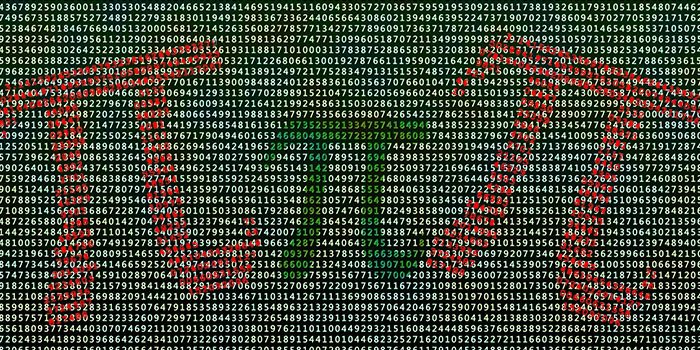I wouldn’t say words are my passion, but they have always fascinated me, like something that I knew about but couldn’t fully understand. I am always open to the opportunity to learn more, to fill even one of the many holes in my knowledge of the world of words.
Not that long ago, I had the chance to read and review Damp Squid, which was an excellent study in the history of words and word origins, plus old and modern day usage. More recently, I’ve been able to spend some time with How to Read a Word by Elizabeth Knowles. This book is just as entertaining as it is useful. While both books have a common subject matter, How to Read a Word takes a more personal look at words. It does address the idea of the dictionary and the corpus, but it also helps with what questions to ask about words, where and how to look for answers and what to do with the answers you find.
If words fascinate you, along with the history of them and origins of new words, this book will appeal to you. From George W. Bush’s “strategery” to the “staycation,” from “Scouse” to “couth,” this book is filled with specific examples. The book is filled with quotes from writings, speeches, and more, that lend support to the points being made. In addition to these examples filling the paragraphs, there are a few spots in which the book takes on individual words and breaks them down in isolation, talking about their origins and importance.
Early on in How to Read a Word, the concept of the dictionary is discussed in more length than I had ever considered it. We say “the” dictionary as if there is just one ultimate authority in word legitimacy. In reality, there are many more gray areas. For example, what if the word you are looking for isn’t in your particular dictionary? That doesn’t mean it isn’t a word. How many words are in “the” dictionary? Does your particular dictionary chronicle the history of words, or current usage? Does the dictionary address words on a specific topic, defining vocabulary for a specialized subset of the English language (or other language)? The answers to these questions are important when you consider words.
The entirety of How to Read a Word encourages us to be thoughtful about words, to really dig and learn, and not take them for granted. It is filled with specific examples and anecdotes which serve to inform, entertain and explain many ways in which words form, are created, change and are adopted. Words and definitions are serious business. They evolve over time, passing in and out of fashion. There are also such words, like “redact,” that fell out of favor only to be brought back into more common usage. (This particular word is a favorite of some GeekDads.)
For anyone interested in words, How to Read a Word is a very exciting read. It is up to date as well, discussing such words as “Twitter” and “Avatar.” And it almost holds your hand, showing you plenty of places, ways and strategies for taking on your own word research, including both print and online resources.
The idea of doing my own research into words and their use never occurred to me, but the idea of building up my own word files was instantly appealing. Keeping a record of words I love, words that intrigue or confound me, words that have particular meaning, is enticing. The chapter on building your own word files steps you through the example of researching the phrase “blue moon.” Whether you keep your records in a notebook, on index cards, in a spreadsheet or keep them by some other method, it is easy to keep your word study all together. In addition to word origins and definitions, you can also include quotations, usage and history. How to Read a Word encourages you to take your own approach in word study. And if one chapter’s lesson isn’t enough, it is followed by another chapter that takes you on a journey to learn as much as possible about the word “satsuma.”
The book’s end matter includes information about the origins of some of our words from today, the history of dictionaries, plenty of online resources, a glossary and a subject and word index.
How to Read a Word is a very fun read, whether you know nothing technical about words, or if you are more of an expert. I highly recommend this book.
How to Read a Word retails for $18.95. It’s a great gift idea for any reader or writer on your list.
Note: I received a copy of this book for review purposes.




